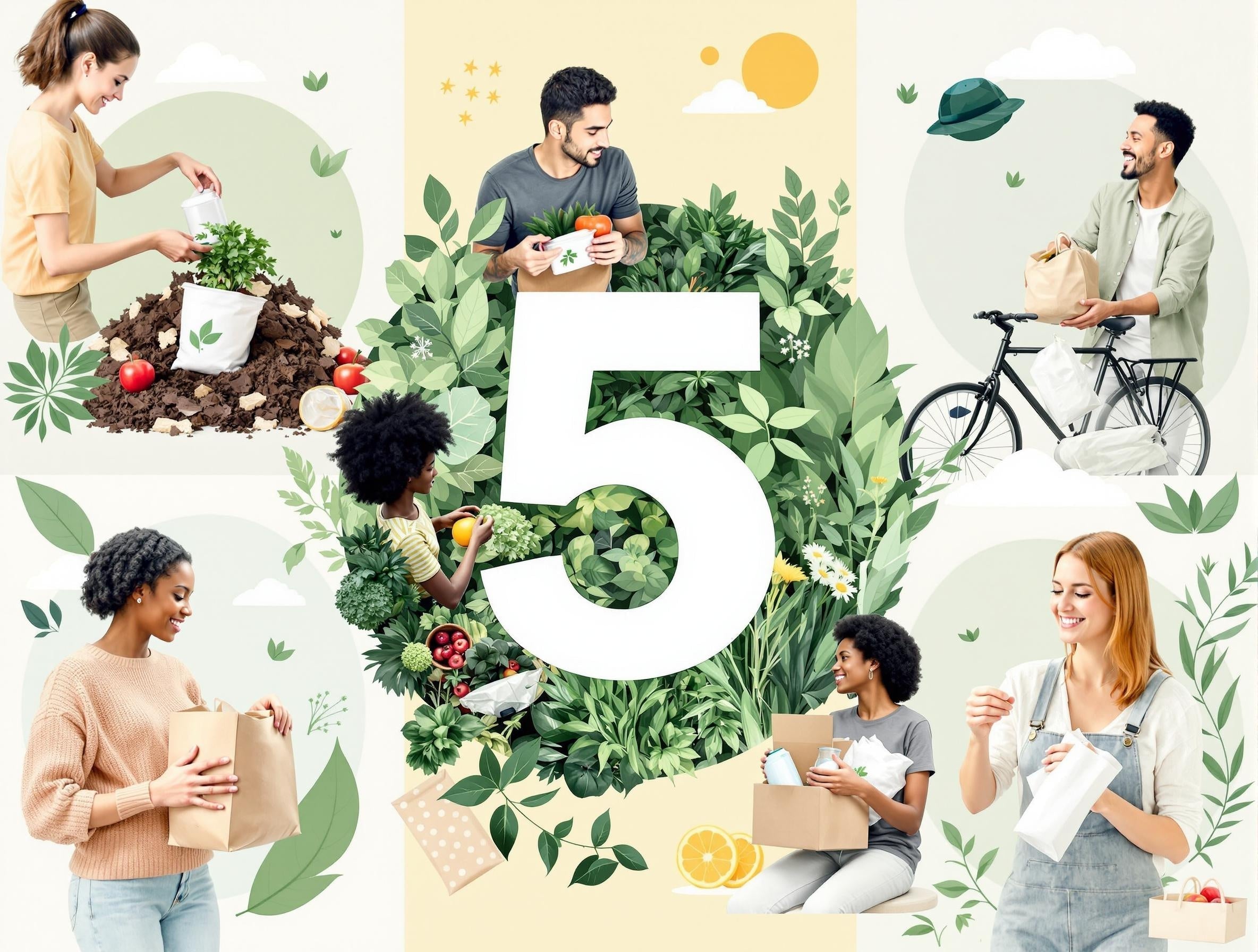Blog Post: How to Build an Eco Routine That Works for Your Lifestyle

Published: September 5, 2025 | 5 min read
For years, “sustainability” has been the guiding star for eco-conscious shoppers. The idea was simple: do less harm. Use less plastic. Waste less energy. Buy less. While those steps are crucial, we’re entering a new era, one where “sustain” isn’t enough. The climate crisis requires solutions that restore ecosystems, not just preserve what’s left. That’s where regenerative practices come in.
At its core, regeneration goes beyond maintaining balance; it actively improves it. Imagine farmlands that don’t just avoid pesticides but rebuild healthy soil that stores more carbon. Factories that not only reduce emissions but also operate on clean, circular systems. Communities that don’t just minimize harm but thrive through fair trade, resource renewal, and shared prosperity. Regeneration isn’t about standing still; it’s about healing and moving forward.
When you shop with regeneration in mind, you support companies by reimagining how products are made, used, and given back to the Earth. Here’s what sets regenerative-focused brands apart:
1. Restoring Resources
Instead of endlessly extracting, regenerative practices replenish what they use. This could mean planting more trees than harvested, or building soil that absorbs carbon naturally. Every product cycle becomes a step toward abundance rather than depletion.
2. Closing Loops
Disposables break systems: take, make, toss. Regenerative design closes the loop. Products are made to be reused, composted, or infinitely recycled. Waste isn’t an afterthought; it’s eliminated at the start.
3. Empowering Communities
True regeneration considers people as much as the planet. That means fair wages, local sourcing, and creating opportunities that strengthen the social fabric instead of unraveling it.
4. Leaving Positive Impact
Sustainability often asks: How can we do less harm? Regeneration asks: How can we create more good? That shift changes everything, from product innovation to how we measure success.
At mimro, we believe every purchase is a chance to not only reduce harm but to actively support regeneration. By choosing brands that heal ecosystems and uplift communities, you’re part of building a future where commerce is a force for renewal, not destruction.
So next time you shop, ask yourself: Does this brand simply sustain, or does it regenerate? The difference might just shape the world we leave behind.






























































































